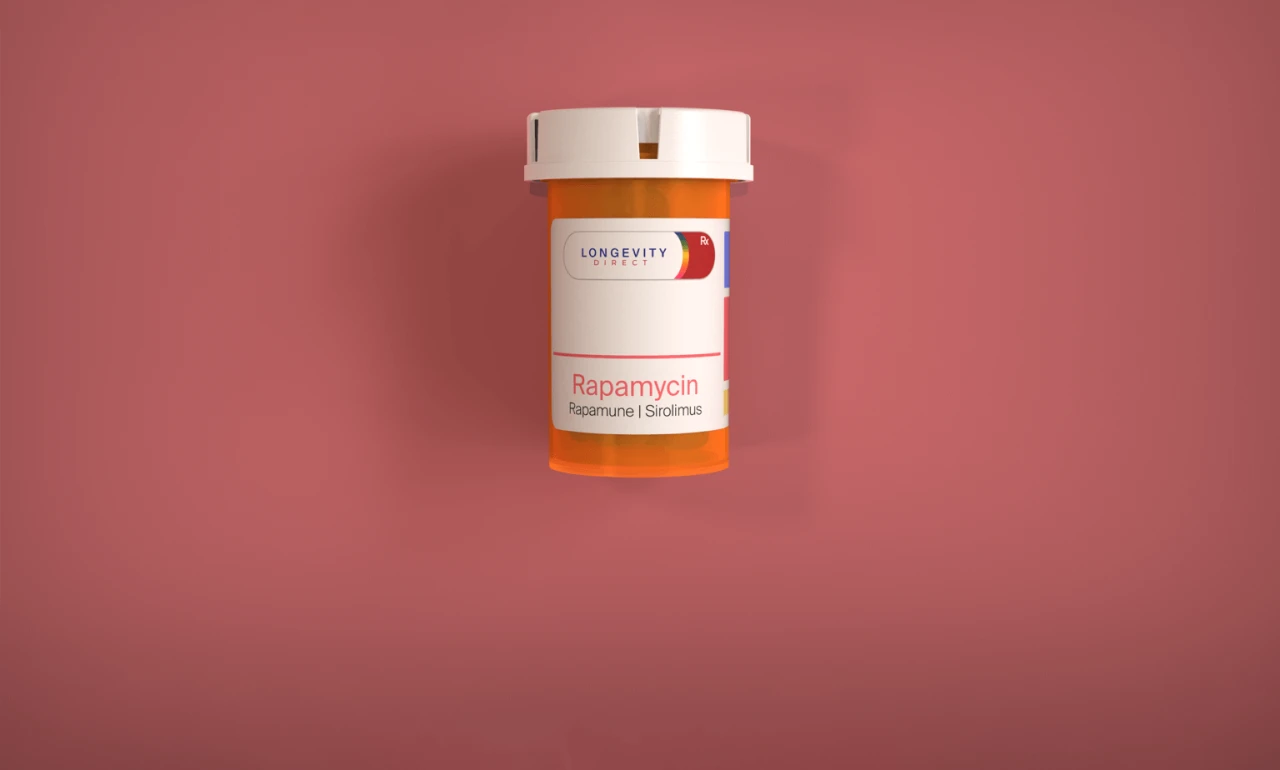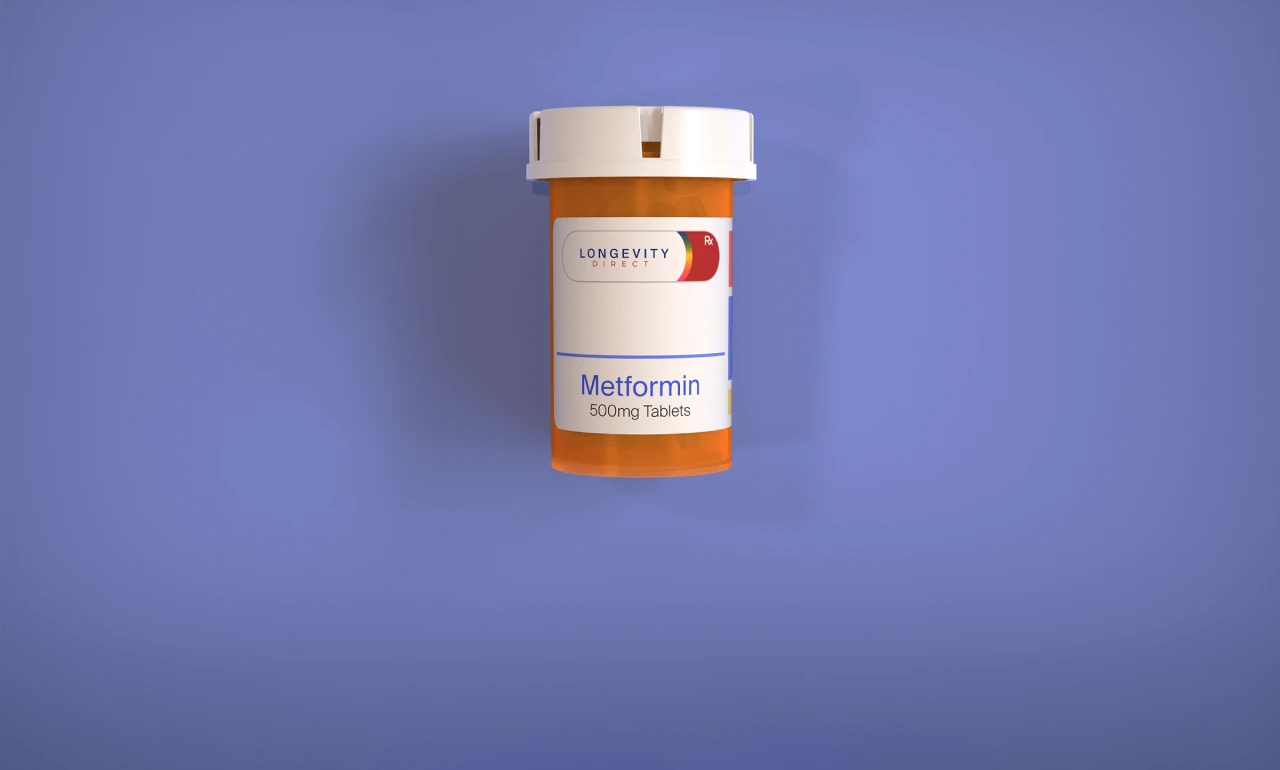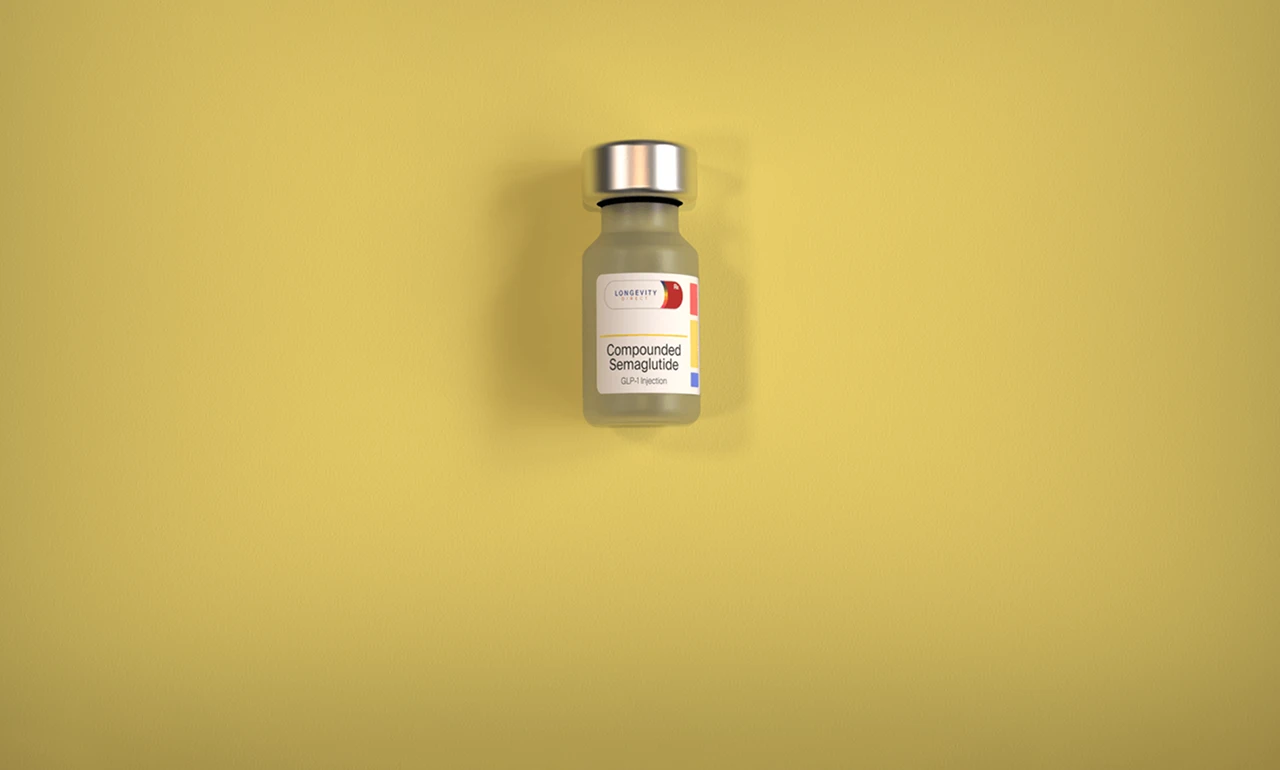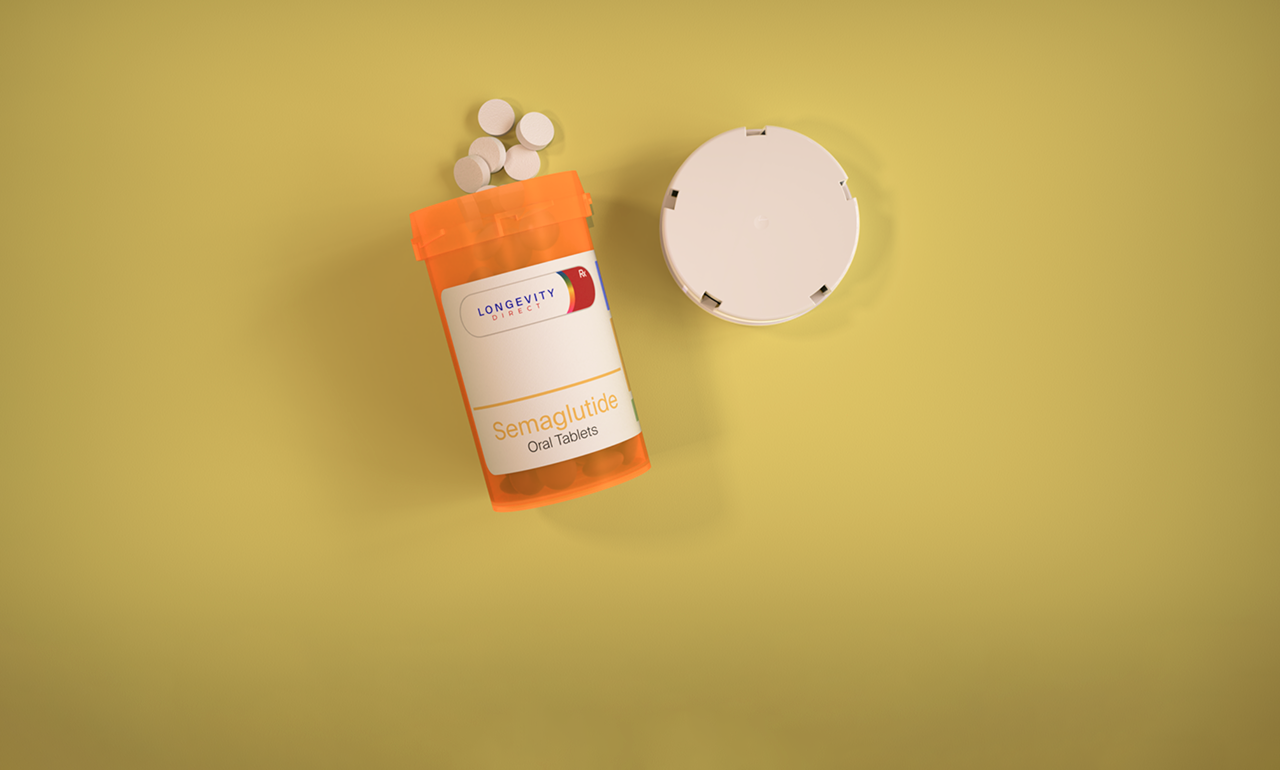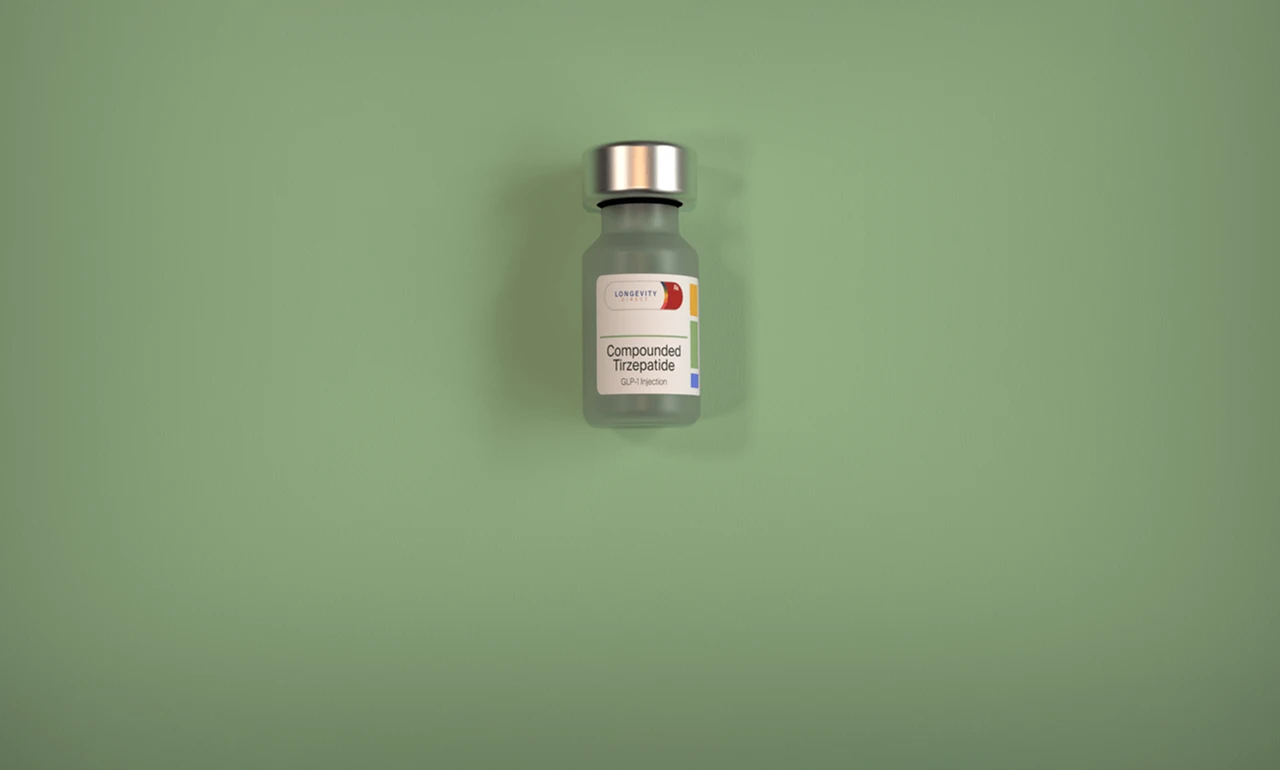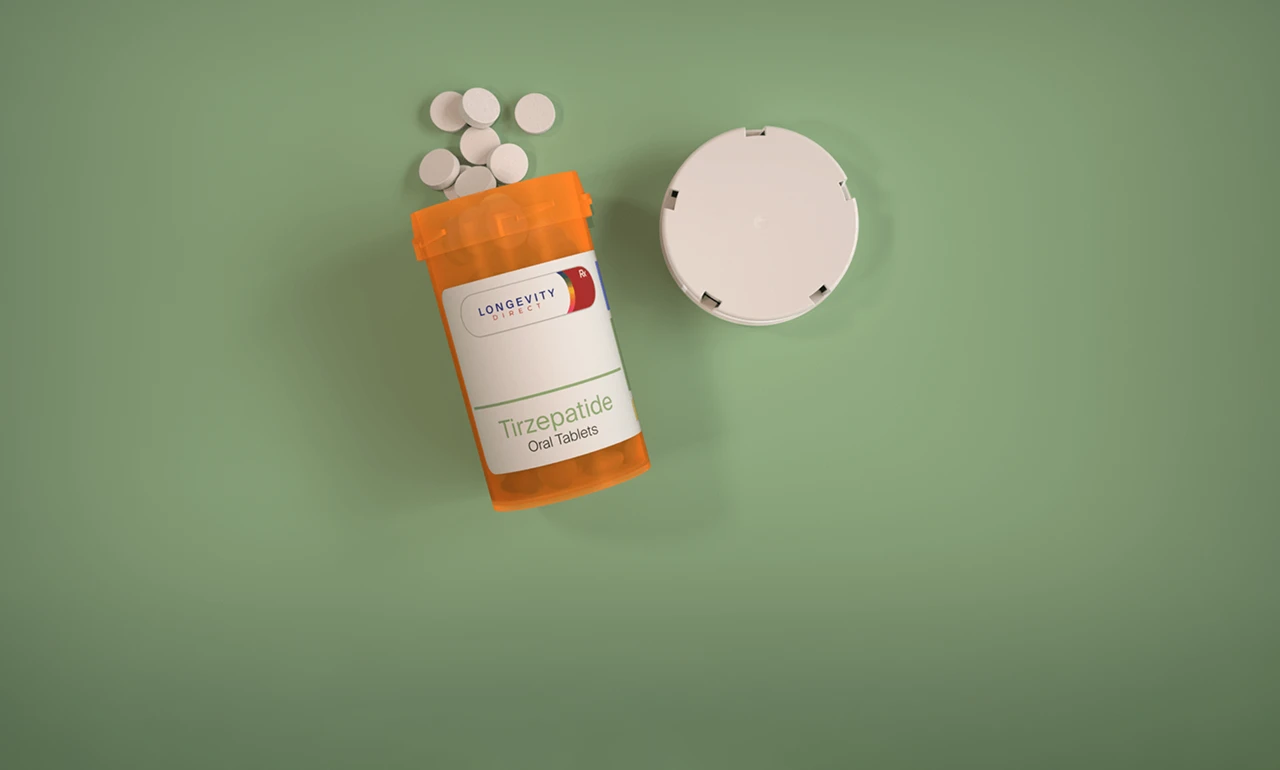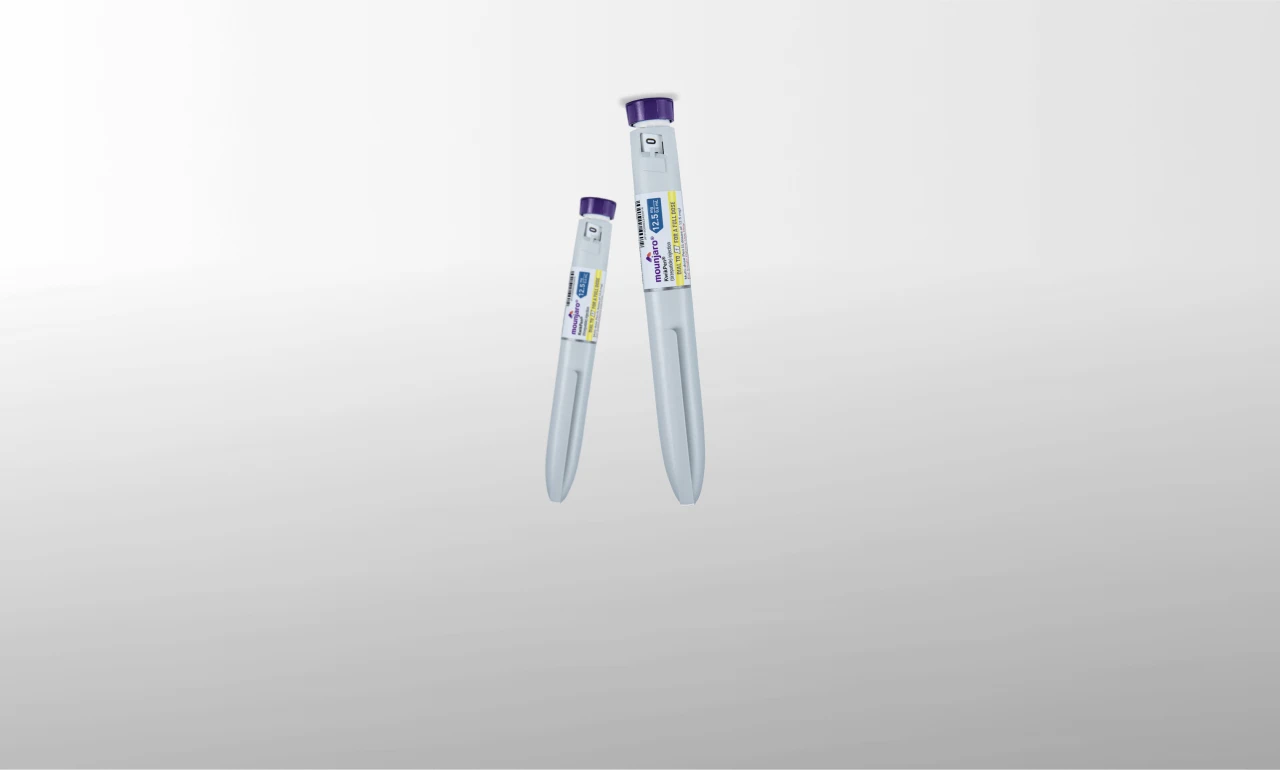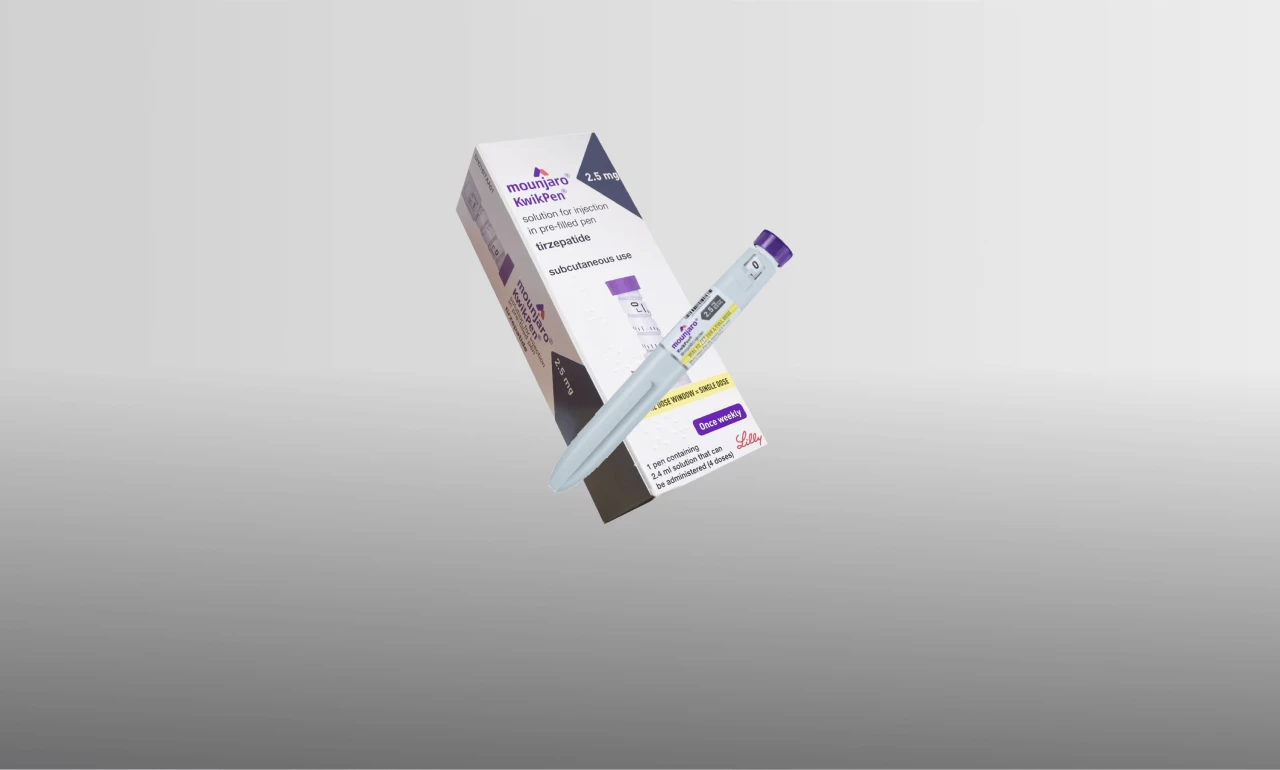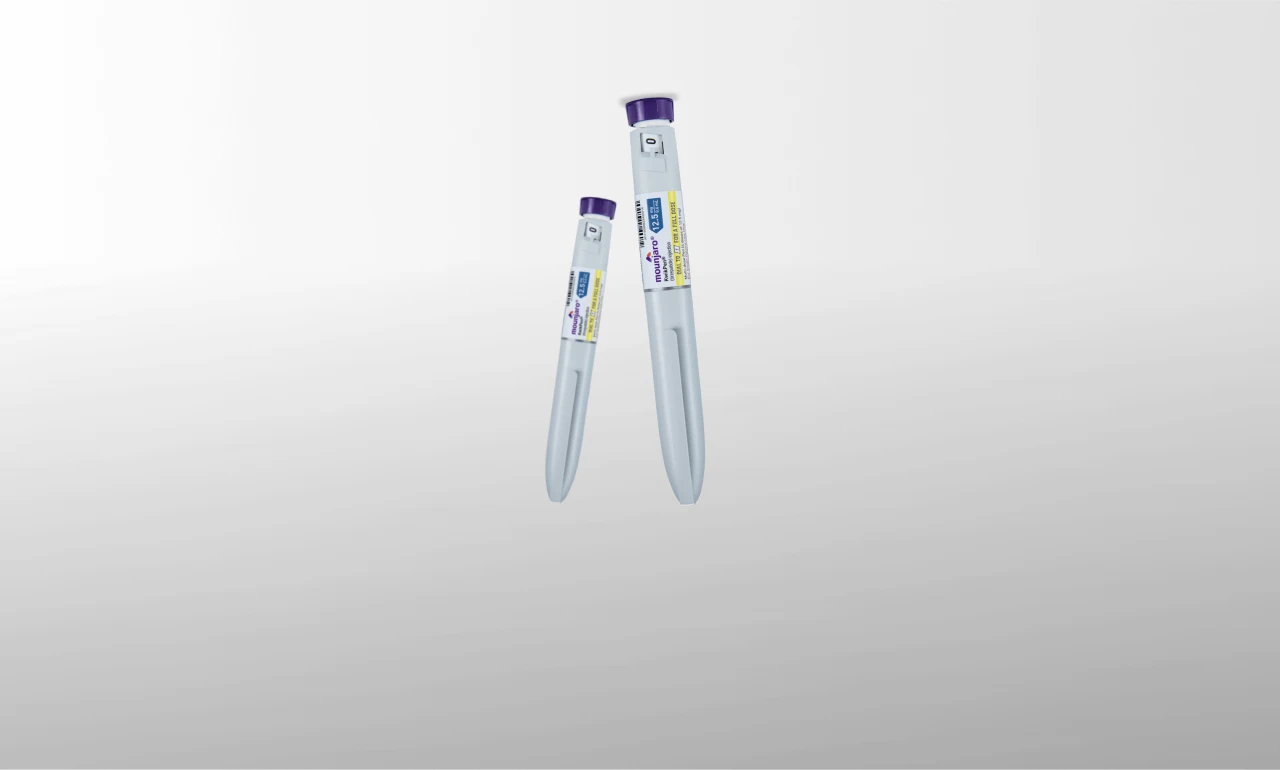Resilience of mind.
Approximately 1 in 3 seniors pass away with Alzheimer’s disease or another form of dementia.
Preventive measures could improve quality of life and delay cognitive decline.
Why the mind matters ...
Your memory, attention, and problem-solving abilities are essential for a full and independent life.
GET STARTEDGET STARTED
Boost brain longevity
Protect brain health.
Your memory, attention, and problem-solving abilities are essential for a full and independent life.

Delay cognitive decline
Keep your mind sharp.
Taking simple steps — like staying active and eating brain-healthy foods — can slow down cognitive decline.

Preserve independence
Maintain quality of life.
With the right habits and support, you can strengthen your brain, helping you maintain independence and quality of life as you age.
How to optimize your cognitive function
Taking simple steps can slow down cognitive decline and keep your mind sharp for longer.
GET STARTEDGET STARTEDStay mentally active
- Engage in brain-challenging activities such as puzzles, reading, or learning new skills.
- Stay socially connected to stimulate cognitive resilience.

Adopt a brain-healthy lifestyle
- Exercise regularly, shown to improve brain function and slow age-related decline.
- Prioritize restful sleep for memory consolidation and cognitive performance.

Evaluate and track your cognitive health
- Use cognitive assessments to catch early signs of decline.
- blēo and The Longevity AI monitor key signals like sleep, stress, and HRV to track cognitive health.
- Get personalized coaching from The Longevity AI to adjust your habits for better brain performance.

Validated medications
for health and longevity
Targeted, clinically validated treatments to address the root causes of aging.
Prescribed to keep aging on the defensive — it's the solid bedrock every effective longevity plan needs.
